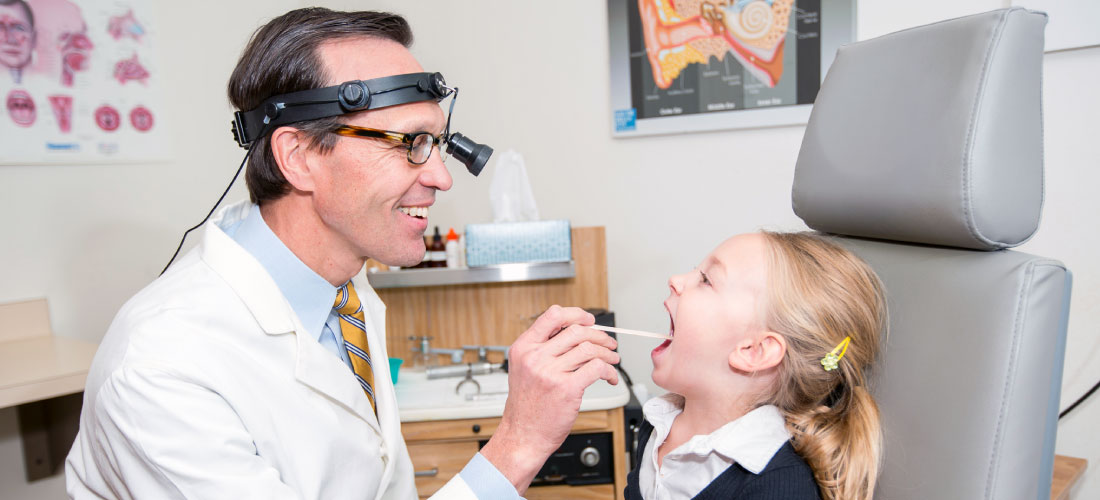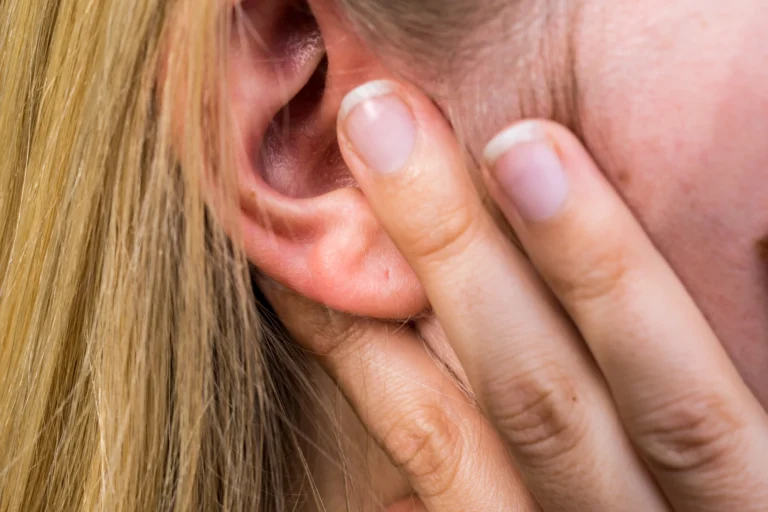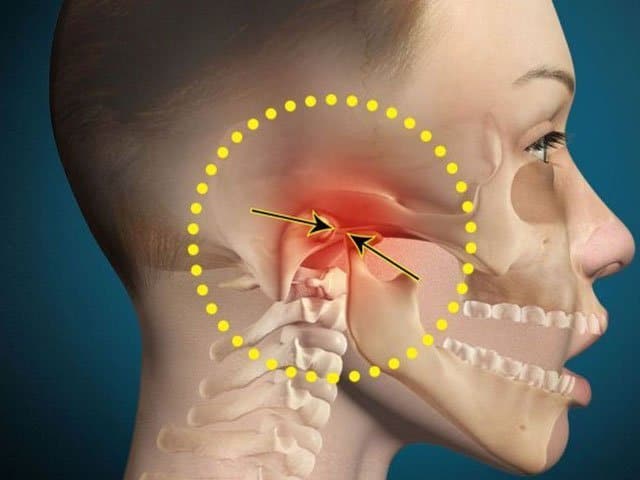Understanding ENT Health: A Comprehensive Guide to Ear, Nose, and Throat Care in Singapore
Our ears, nose, and throat are three vital organs that play a significant role in how we communicate, breathe, and experience the world around us. Despite their importance, many people tend to overlook early symptoms of ENT-related issues—until discomfort or chronic conditions appear. From recurring sinus infections to hearing difficulties or throat inflammation, these problems can affect our daily lives more than we realize. To maintain good health and quality of life, understanding how to care for these areas and when to seek medical advice is essential. Consulting a trusted Ear Nose Throat Singapore specialist can help identify underlying causes, provide timely treatment, and prevent further complications.
The Role of ENT Specialists
ENT specialists, also known as otolaryngologists, focus on diagnosing and treating conditions that affect the ear, nose, and throat, as well as related structures in the head and neck. Their expertise covers a broad spectrum of issues—ranging from simple infections to complex structural abnormalities that impact breathing, speech, and hearing.
An ENT doctor’s work goes beyond treating temporary discomfort. They assess how interconnected systems function together and how an issue in one area might affect another. For example, chronic nasal congestion might contribute to sleep problems, while ear infections can influence balance and hearing.
Common Conditions Affecting the Ear, Nose, and Throat
1. Ear Disorders
The ear is responsible for both hearing and balance, making it one of the most sensitive organs in the body. ENT doctors frequently treat:
- Ear infections (Otitis Media): Common among children, often causing pain, fluid buildup, and temporary hearing loss.
- Hearing loss: Caused by aging, noise exposure, or earwax blockage.
- Tinnitus: Persistent ringing or buzzing in the ears that can interfere with focus and sleep.
- Balance issues: Conditions like Meniere’s disease or inner ear infections can lead to dizziness or vertigo.
2. Nasal and Sinus Issues
The nose filters air, regulates temperature, and enhances our sense of smell. Common nasal conditions include:
- Sinusitis: Inflammation or infection in the sinus cavities leading to congestion and facial pressure.
- Nasal allergies: Triggered by environmental factors like pollen or dust, often resulting in sneezing, itching, and runny nose.
- Deviated septum: Structural misalignment that obstructs airflow and can lead to snoring or chronic sinus issues.
3. Throat and Voice Problems
The throat plays a crucial role in breathing, swallowing, and speech. ENT specialists often treat:
- Tonsillitis and adenoiditis: Inflammation caused by infection, common in children.
- Voice disorders: Such as hoarseness, vocal nodules, or laryngitis, often linked to overuse or infection.
- Swallowing difficulties (Dysphagia): Can arise due to muscle weakness, nerve damage, or structural blockages.
Signs You Should See an ENT Specialist
People often ignore early symptoms of ENT disorders, assuming they’ll go away on their own. However, certain signs should prompt a visit to a specialist:
- Persistent sore throat or hoarseness lasting more than two weeks
- Recurrent sinus infections or nasal blockage
- Hearing loss, ringing in the ears, or ear discharge
- Difficulty swallowing or breathing during sleep
- Frequent dizziness or balance problems
- Snoring that disrupts sleep quality
Early diagnosis helps prevent complications, ensuring faster recovery and better long-term outcomes.
Diagnostic Procedures in ENT Care
Modern ENT clinics are equipped with advanced diagnostic tools that allow precise identification of conditions. Common procedures include:
- Endoscopy: A small camera is inserted into the nose or throat to examine internal structures.
- Audiometry: Tests the level and type of hearing loss.
- CT or MRI scans: Provide detailed imaging of sinuses or ear structures to detect abnormalities.
- Allergy testing: Identifies triggers that cause nasal or throat irritation.
These diagnostic methods ensure that treatment plans are targeted and personalized according to each patient’s needs.
Treatment Options in ENT Medicine
ENT treatments vary widely based on the cause and severity of the problem.
Non-Surgical Treatments
For mild to moderate issues, ENT specialists may recommend:
- Medication: Antibiotics for infections, antihistamines for allergies, or decongestants for sinus relief.
- Therapy: Voice therapy for vocal strain or breathing exercises for chronic sinus issues.
- Lifestyle changes: Reducing exposure to allergens, avoiding loud noises, or improving hydration for throat health.
Surgical Procedures
In more complex cases, surgical options might be necessary, including:
- Tonsillectomy or Adenoidectomy: Removing infected or enlarged tissues that obstruct breathing.
- Septoplasty: Correcting a deviated nasal septum to improve airflow.
- Sinus surgery: Clearing blocked sinuses for better drainage and function.
- Cochlear implants: Restoring hearing for individuals with severe hearing loss.
Thanks to technological advancements, most ENT surgeries are minimally invasive, resulting in shorter recovery times and minimal discomfort.
Preventive ENT Care: Protecting Your Ear, Nose, and Throat Health
Preventing ENT issues is often easier than treating them. Simple lifestyle habits can greatly reduce your risk of infections or chronic conditions.
- Protect your hearing: Limit exposure to loud environments and use earplugs when necessary.
- Maintain nasal hygiene: Use saline sprays or humidifiers to keep nasal passages moist and free of allergens.
- Stay hydrated: Helps prevent throat dryness and irritation.
- Avoid smoking and pollutants: Tobacco and air pollution can damage your throat and sinuses.
- Prioritize sleep and rest: A healthy immune system is key to preventing infections.
By incorporating these preventive habits into daily life, you can minimize ENT-related problems and maintain overall wellness.
ENT Health for Different Age Groups
ENT problems can affect people of all ages, but the nature of these issues often varies:
- Children: Frequently experience ear infections, tonsillitis, and adenoid issues due to developing immune systems.
- Adults: More likely to suffer from sinus infections, sleep apnea, or voice strain caused by stress and environmental factors.
- Elderly: May face age-related hearing loss, balance issues, or chronic throat dryness.
A specialized approach is necessary for each age group to ensure effective and safe treatment.
Technological Advancements in ENT Treatment
Singapore is known for its advanced medical infrastructure, and ENT care is no exception. The integration of modern diagnostic tools such as digital endoscopy, 3D imaging, and minimally invasive surgical techniques allows specialists to provide high-precision care.
Furthermore, teleconsultations have made ENT services more accessible, especially for routine follow-ups or early symptom assessments. This advancement ensures patients receive timely advice and treatment from the comfort of their homes.
The Link Between ENT Health and Overall Well-being
Good ENT health directly contributes to overall physical and emotional wellness. Clear hearing improves communication and relationships, while unobstructed breathing supports quality sleep and energy levels. Conversely, chronic ENT conditions like sinusitis or sleep apnea can lead to fatigue, poor concentration, and reduced productivity.
Addressing these issues early not only relieves discomfort but also enhances general health, mood, and quality of life.
Final Thoughts
Maintaining the health of your ears, nose, and throat is vital to everyday living. These systems are interconnected, and even minor issues can impact breathing, hearing, or communication. Regular checkups with an ENT specialist, adopting preventive habits, and addressing symptoms promptly are key to long-term wellness.
With modern medical advancements and increased awareness, managing ENT conditions has never been more effective. Whether it’s a recurring sinus issue, hearing difficulty, or throat discomfort, taking proactive steps toward ENT care ensures a healthier, more comfortable future.






